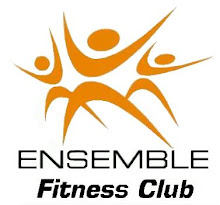Let's start with whether it is beneficial in the first place.
While the muscle growth response to resistance training doesn't kick in until the child reaches puberty, it has been concluded by the National Strength and Conditioning Association (NSCA), the American College of Sports Medicine, and the Mayo Clinic that youth strength training "has the potential to increase bone mineral density, improve motor performance skills, enhance sports performance, and better prepare our young athletes for the demands of practice and competition". Even non-athletes benefit from those changes as well as proper weight management and increased self-confidence.
So, a youth strength training program can be very beneficial, and, in fact, have a lower chance of injury than youth sports when done correctly.
What does "when done correctly" mean?
My requirements for a proper youth resistance training program are some simple, but important rules:
1) The program should be simple to understand and primarily consist of multi-joint exercises
2) The program should be a balanced full body workout
3) The youth must be properly supervised at all times
4) The youth must be able to follow directions and obey rules
5) Safety is above all else (i.e. proper spotting, maintained equipment and facility, etc.)
The NSCA has provided some other general guidelines.

If you have any questions, please feel free to contact me at:
m a r k @ m a r k n u t t i n g . c o m or in the comment section below.
Best wishes, Mark
Mark Nutting, CSCS*D, NSCA-CPT-AR*DNSCA 2009 Personal Trainer of the Year





